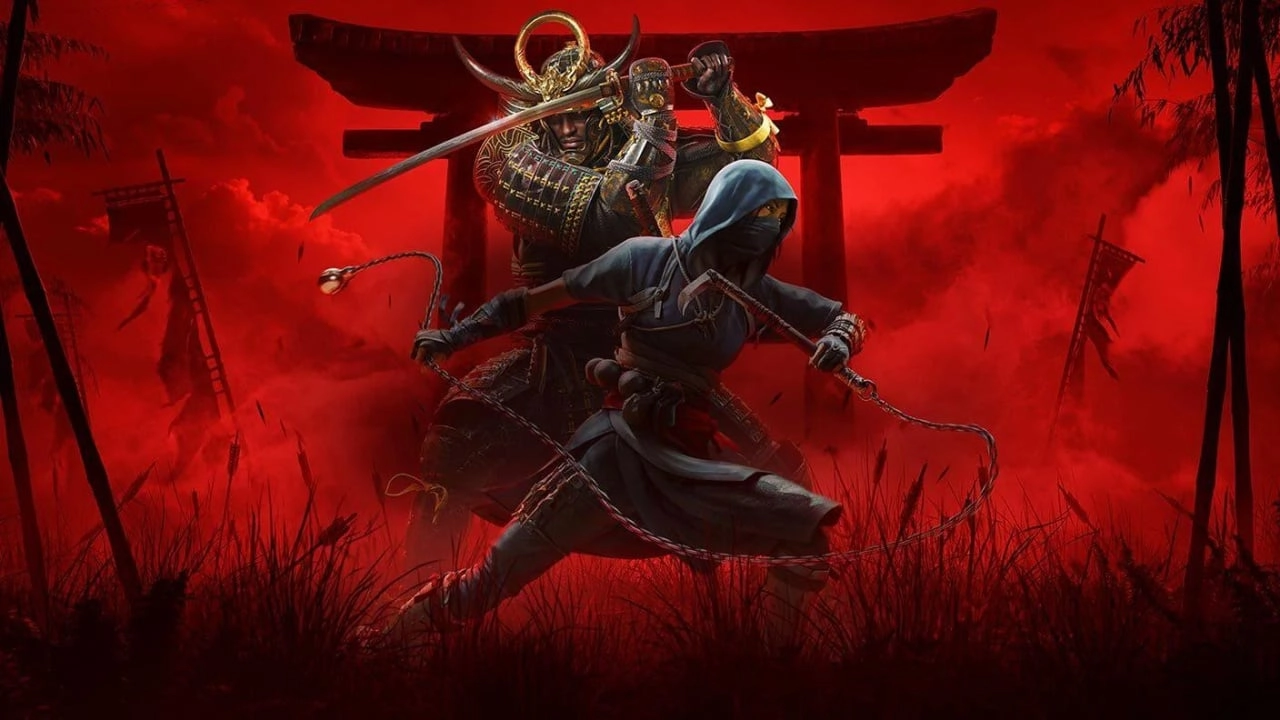
Ubisoft, the renowned video game developer, has been at the forefront of a new debate surrounding their upcoming game, Assassin's Creed Shadows. This title, set against the rich historical backdrop of feudal Japan, has ignited discussions online about cultural and historical accuracies. Given the franchise’s commitment to weaving historical settings with fictional narratives, expectations were significantly high, and so was the scrutiny.
With the setting in feudal Japan, a locale long-requested by fans of the series, the stakes were particularly high. Upon the reveal of the game, responses varied widely, ranging from excitement to skepticism. Critics and a segment of the Japanese audience expressed concerns over potential cultural misrepresentation and the portrayal of historical events and figures. These concerns were amplified following the circulation of promotional materials and concept art that featured historically sensitive content.
Ubisaft's reaction to the feedback was prompt and reflective. They released a detailed statement directed specifically at their Japanese audience, acknowledging the criticisms. The team at Ubisoft clarified that many within their ranks had dreamt of creating a game in feudal Japan and took the task very seriously, aiming to balance respect for historical accuracy with the creative liberties typical of the Assassin's Creed franchise.
To ensure that they paid homage to Japanese culture respectfully, Ubisoft explained that their development process for Assassin's Creed Shadows involved extensive research and consultation with experts. These efforts were meant to convey an authentic and respectful representation of the period. However, despite these measures, there were oversights, particularly noted in the promotional materials that inadvertently used elements from a Japanese reenactment group’s banner which drew criticism for insensitivity.
Addressing another significant portion of the critique, Ubisoft’s statement discussed the game’s protagonists, particularly focusing on Yasuke, a historical figure of African origin who served under a powerful Japanese warlord during the period. This choice of protagonist had led to mixed reactions, with some praising the fresh perspective and others lamenting the perceived overshadowing of Japanese characters in a game set in their country. Ubisoft defended their choice by explaining the narrative potential they saw in Yasuke’s unique and somewhat mysterious history, which they felt aligned well with the Assassin’s Creed storytelling ethos. They assured that alongside Yasuke, another key character, Naoe, a Japanese shinobi, would share the spotlight, allowing players to experience the story from multiple cultural and historical vantage points.
Ubisoft's explicit acknowledgment of the concerns and their apologetic tone highlights a growing sensitivity towards cultural representation in media. They admitted that some elements of the game and its marketing did not align with their intentions of respect and accuracy, and they were committed to addressing these issues thoughtfully.
This scenario illustrates the challenges faced by creators in balancing historical fidelity with creative freedom, especially in works that are consumed globally. The response to Ubisoft’s statement has been varied, with some appreciating the company’s quick acknowledgment and willingness to engage with criticism, while others remain skeptical of whether the final product will live up to the assurances provided.
As Assassin's Creed Shadows nears its release, Ubisoft finds itself navigating a complex landscape of public expectations, cultural sensitivities, and historical narratives. This incident serves as a reminder of the ongoing dialogue between game developers and the diverse communities they serve, underscoring the importance of cultural competency in global media productions. The company’s experience with Assassin's Creed Shadows could set precedents for how game developers handle cultural authenticity and historical representation in future projects. The gaming community continues to watch closely, hopeful that Ubisoft will honor its commitments and deliver a game that respects the rich heritage of feudal Japan while providing the engaging gameplay that Assassin’s Creed is known for.
You must be logged in to post a comment!